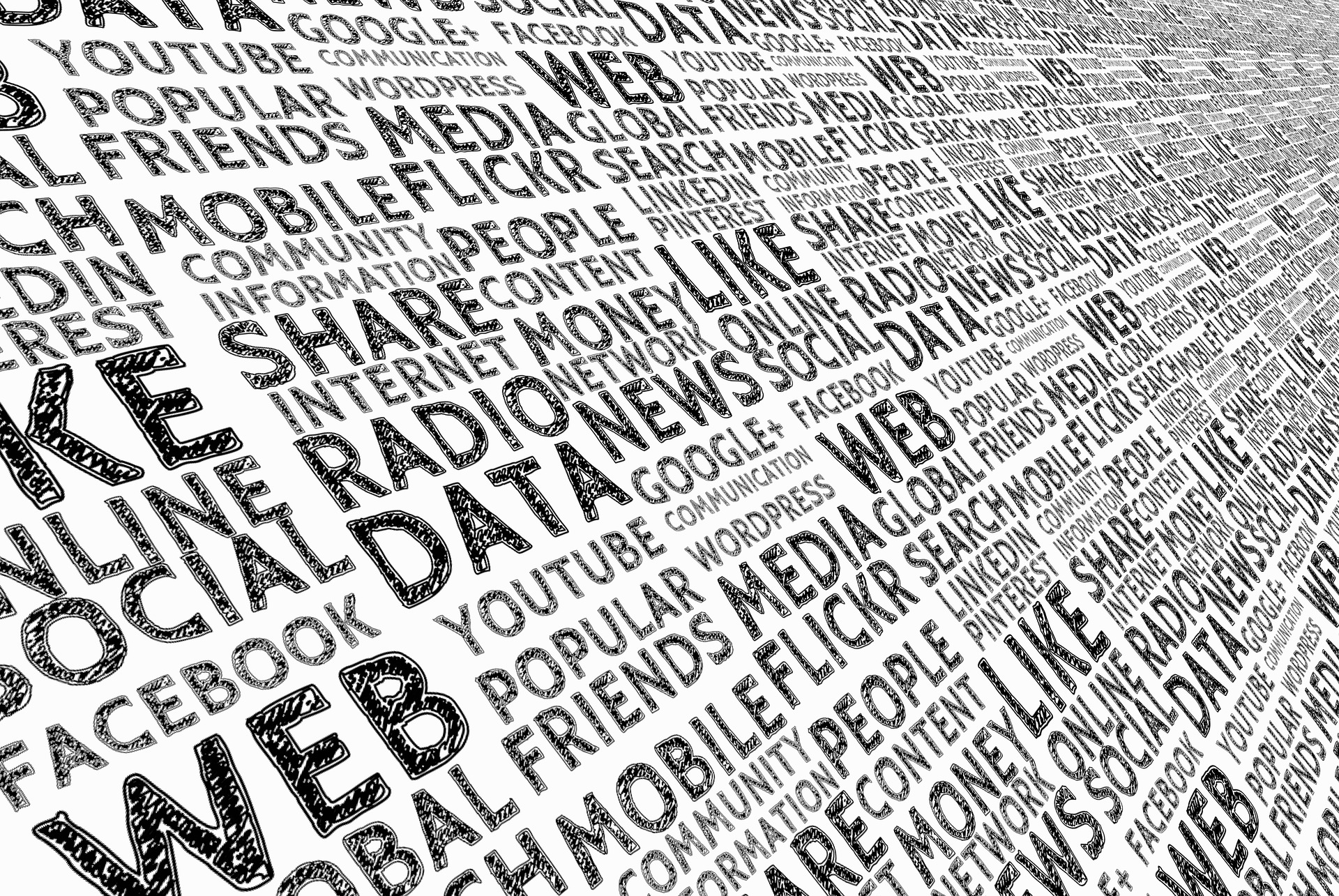
Media Literacy Toolkit
Media Literacy Toolkit
The Republic is (Still) at Risk – and Civics is Part of the Solution highlights the importance of news media literacy education as a complementary stream to the proven practices of civic education embedded in the Illinois middle and high school course requirements. The proven practices of current and controversial issue discussions, simulations of democratic processes, and service learning are contingent on a student’s ability to consume and produce information to address essential questions facing our constitutional republic.
IL House Bill 234 amended the school code by adding a provision that, beginning with the 2022-2023 school year, every public high school is required to include in its curriculum a unit of instruction on media literacy. It additionally sets forth what topics the unit of instruction shall include and provides that the State Board of Education shall determine how to prepare and make available instructional resources and professional learning opportunities for educators that may be used to develop the unit of instruction. (Sponsors included: Rep. Elizabeth Hernandez [D], Rep. Stephanie A. Kifowit [D], and Rep. Janet Yang Rohr [D].)
The unit of instruction shall include, but is not limited to, analyzing:
(1) the purpose of media messages and how they are constructed;
(2) explicit and implicit media messages;
(3) values and points of view that are included and excluded in the media;
(4) how the media may influence ideas and behaviors; and
(5) the importance of obtaining information from multiple media sources.“Media literacy” means the ability to access, analyze, evaluate, create, and communicate using a variety of forms, including, but not limited to: print, visual, audio, interactive, and digital texts.
This toolkit provides classrooms with tools to help students wisely consume and produce information.
National Association of Media Literacy Education

Center for Information and Research on Civic Learning and Engagement

